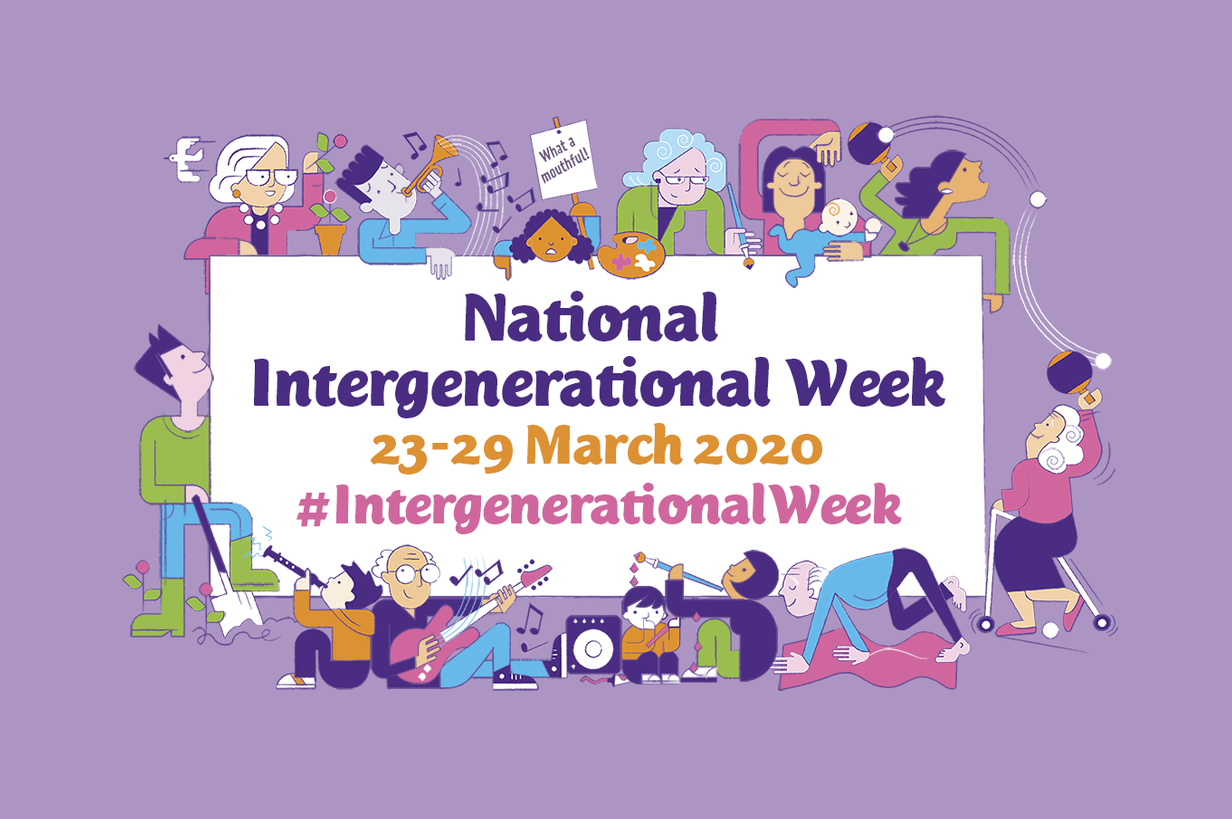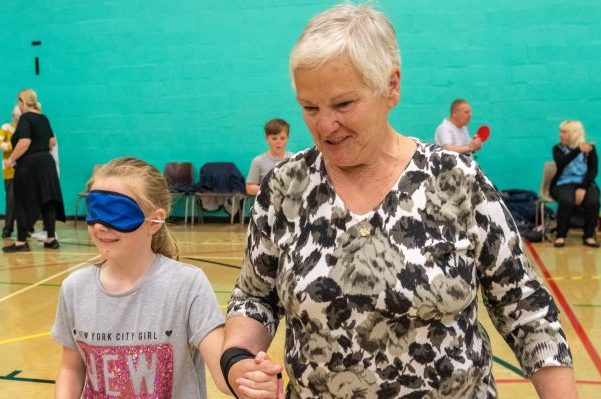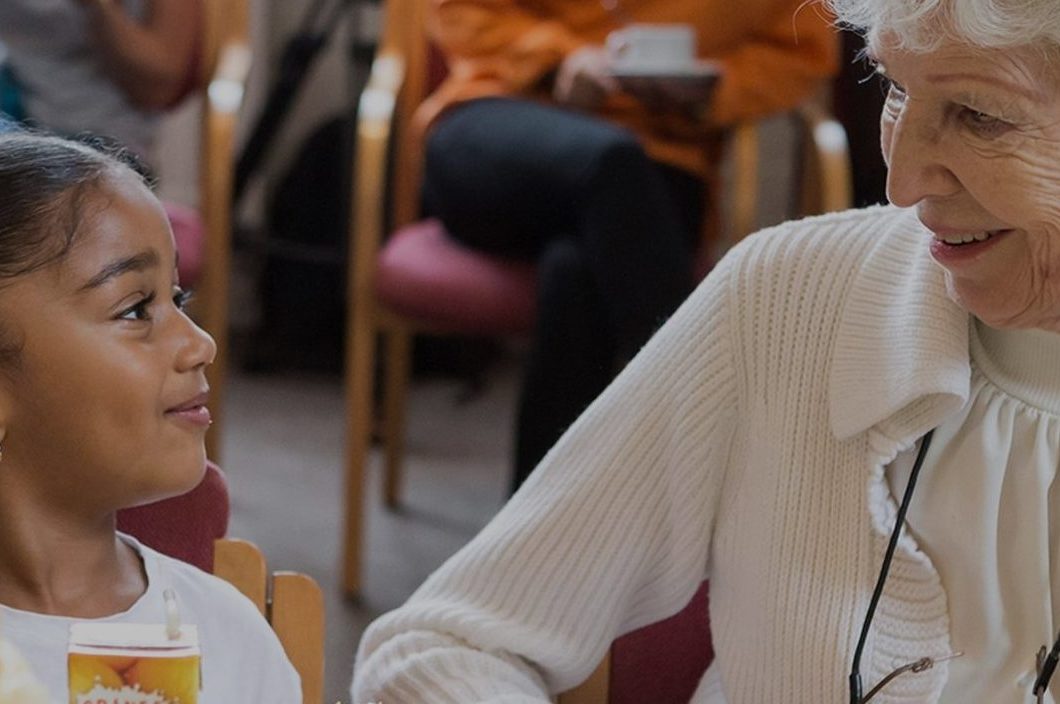
Talking 'bout my (inter)generation
I recently returned from a long weekend at a well-known woodland holiday company. “Discover family time” is one of the straplines used. I was struck by the intergenerational aspect of the experience.
The typical party is of a three-generation family participating together in an astonishing range of different activities – most of them involving physical activity and water. A great antidote to loneliness and boredom!
And it’s sort of ‘on trend’. Interest in the contribution of intergenerational approaches to the provision of social care services has undoubtedly become more mainsteam.
I credit programmes such as ‘Old People’s Home for 4 Years Olds’ for bringing the idea to a much broader audience. Broadcast last year (and the recipient of several awards) the programme featured residents from St Monica Trust together with children from a local nursery.

(Grand)mother's little helper
The think-tank United for All Ages recently published a report which highlights the growth over the last year or so of projects bringing different generations together to share activities and experiences.
Their report, Together in the 2020s, shows how “projects bringing younger and older people together can give children a good start in life, change attitudes, improve older people’s health and care, and increase trust and understanding between generations.”
Certainly the need to unite generations across the country is of paramount importance with challenges of loneliness among older people being acknowledged as a public health priority and the need to create strong and resilient communities.

All ages of Aquarius
‘Together in the 2020s’ features many examples of projects that could be scaled up including Youth Sport Trust’s Active Across Ages, Homeshare, Apples and Honey Nightingale. Links between care homes and schools have always been a way of integrating the different age groups but there is a growing evidence-base for the value they can bring – and for both ends of the age spectrum.
As Stephen Burke, director of United for All Ages, says:
“Bringing Britain together is one of the biggest challenges for the new decade. The last decade saw huge disconnection and division. The 2020s can be different. Ending ‘age apartheid’ and ageism and promoting more intergenerational mixing could help create a Britain for all ages by 2030 – united not divided.”
Encouraging progress is being made by outstanding care providers leading the way with innovative developments in the sector. As always there is much more to do to ensure that the benefits of intergenerational living become a natural way of thinking and doing with social care services.
Look out for organisations such as the St Monica Trust in Bristol who will be bringing different age groups together for shared benefit with Intergenerational Week from 23 to 29 March 2020.